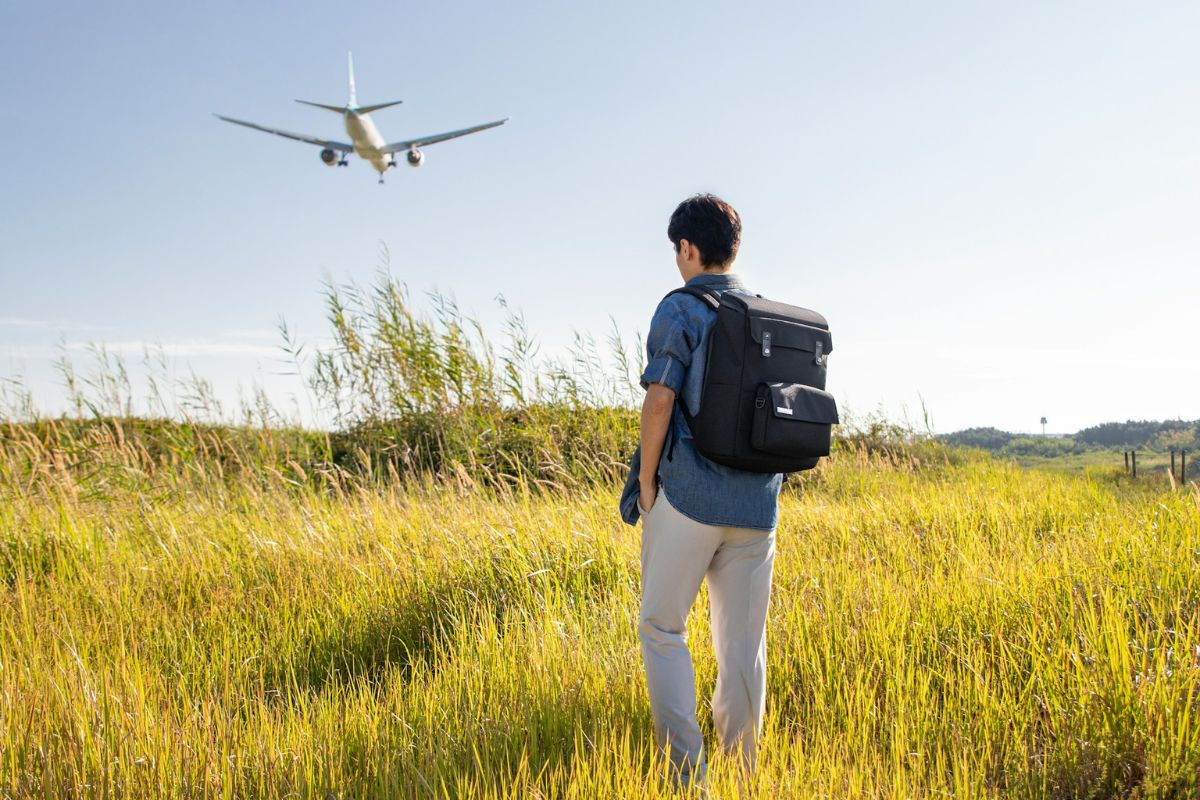Travel is one of life’s great joys—but it doesn’t always come cheap. Between airfare, lodging, meals, and unexpected costs, even a simple getaway can add up quickly. That’s where smart planning and a few insider tricks can help stretch your dollars without cutting the fun out of your trip.
Whether you’re heading out for a family vacation, a solo adventure, or a quick weekend escape, the way you prepare can make a big difference. Saving on travel isn’t about skipping the things you enjoy—it’s about getting the most out of your budget while still making great memories.
Travel Smarter, Not Harder
Booking flights and hotels at the right time can mean the difference between a great deal and an overpriced regret. Being flexible with your dates, using comparison tools, and staying open to alternatives can unlock big savings. This section breaks down how to be a savvy planner and traveler without stressing over every penny.
Choose Off-Peak Times
Timing is everything when it comes to travel costs. Flights and accommodations are usually more affordable during the off-season. Think about traveling just before or after peak holiday periods, when tourist traffic is lower. Midweek departures and returns are also cheaper than weekend flights. Even small shifts in your schedule can lead to big differences in cost.
Set Flight Alerts Early
Airfare prices bounce around constantly. By setting up alerts using websites like Google Flights or Hopper, you’ll get notified when ticket prices drop. The earlier you start tracking, the better your chances of snagging a deal. Don’t rely on one site—use a few to compare rates, and remember that incognito mode in your browser can help avoid dynamic pricing increases based on search history.
Book Accommodations Wisely
Hotels aren’t your only option. Vacation rentals, hostels, and even short-term house sitting gigs can save money. If you’re traveling with family or friends, consider splitting the cost of a rental home instead of booking several hotel rooms. Some platforms offer discounts for longer stays or mid-week bookings, so check carefully.
Also, don’t overlook the value of loyalty programs. Hotel chains often offer discounted rates, perks like free breakfast, or even a free night after a few stays. Just make sure to compare the discounted rate with public rates—sometimes third-party sites still offer better deals.
Pack Light and Smart
Checked bag fees can add up quickly. If you can stick to a carry-on, you’ll save money and skip the baggage claim wait. Many budget airlines charge extra for overhead bin access, so know what’s included in your ticket before you fly.
Packing efficiently—choosing multi-use outfits, travel-sized essentials, and weather-appropriate clothing—can also save you from last-minute purchases on the road. If you’re staying at a place with laundry access, you can pack even less and do a quick wash mid-trip.
Save on Food Without Skimping
One of the best parts of travel is trying local food. But eating out for every meal can drain your wallet fast. A good approach is to eat like a local. Street food, markets, and small local spots often offer better value and more flavor than tourist restaurants.
If your lodging has a kitchen, try cooking a few meals. Even just making your own breakfast or lunch can reduce your daily food costs. And don’t forget to pack snacks for travel days or long excursions to avoid overpriced options at airports or convenience stores.
Use Public Transportation
Taxis and rideshares add up fast. Learning to use the local bus or train system can save you money and help you experience the place more authentically. Many cities offer passes for unlimited travel over a few days, which can be worth it if you’re planning to explore a lot.
If you plan to rent a car, check for deals ahead of time and consider economy options. Booking directly with rental companies can sometimes give you better rates than third-party sites. Also, check your credit card perks—some cards offer rental car insurance or discounts.
Look for Free Activities
You don’t have to spend a lot to have fun. Many destinations offer free walking tours, public museums, art galleries, or nature trails. Before your trip, check local tourism websites for free events or festivals during your visit.
City passes can also help if you plan to visit multiple attractions. These often include public transport and discounted or free admission to popular sites. Just make sure the pass includes the places you actually want to go, or you might not get your money’s worth.
Stay Connected Without Paying Too Much
International roaming fees can be brutal. Instead of sticking with your home provider, consider getting a local SIM card or an international eSIM. These often provide data at a fraction of the cost.
Free Wi-Fi is widely available in cafes, airports, and public libraries. Download maps and translations ahead of time for offline use. Apps like Google Maps and Google Translate have offline modes that are super handy when you’re out exploring.
Use Travel Rewards
Credit cards that offer points or miles can significantly reduce the cost of flights and hotels. If you travel often or plan a big trip, consider signing up for a rewards card that fits your spending habits. Some cards even offer welcome bonuses that cover a full flight or a few nights’ stay.
Make sure you understand the terms—annual fees, interest rates, and how points can be redeemed. Used wisely, these programs can give you a serious boost toward your next vacation.
Small Moves That Add Up
Saving on travel isn’t about sacrificing what makes a trip enjoyable. It’s about making small, thoughtful choices that add up. Each decision—from when you book to what you pack—can help stretch your budget further.
A little research goes a long way. The more informed you are, the better deals you’ll find. Travel is meant to be a rewarding experience, not a financial burden. With a few smart habits, it can be both affordable and unforgettable.
